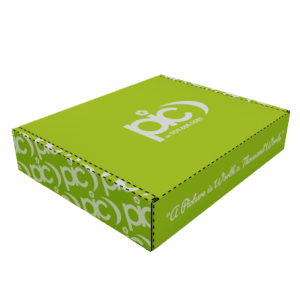Home » Corrugated Boxes Vs Folding Cartons: Which to Choose for Retail Packaging
Corrugated Boxes Vs Folding Cartons: Which to Choose for Retail Packaging
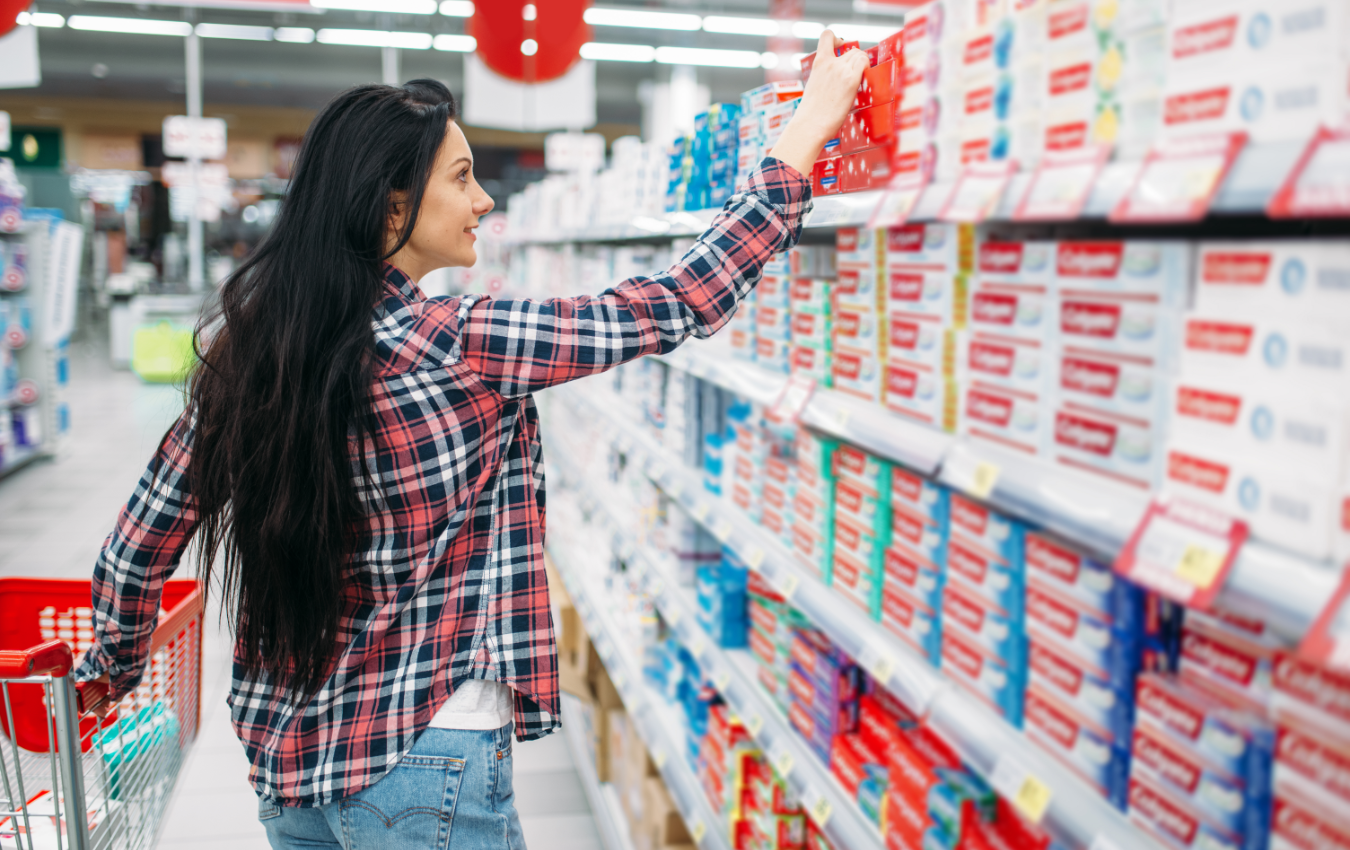
When browsing a retail store many of us have probably noticed that most products are packaged in a box, whether they are on the shelf or on a retail display. These boxes are known as corrugated boxes and folding cartons. If you are looking to package your products in a box for retail, then you should know differences between the two and when you should use them.
What is a Folding Carton and Why is it Used in Retail
A folding carton is made with thin, lightweight, and inexpensive chipboard and paperboard materials. Folding cartons can be manufactured in a variety of different styles such as straight tuck end (STE), reverse tuck end (RTE), roll end tuck top (RETT), full seal end, auto bottom and other styles. In addition to style, these boxes can vary in strength and thickness in material and in customization, which makes it versatile in use.
A folding carton’s versatility enables it to be used in retail for a wide variety of packaging applications for lightweight and inexpensive products such as snacks, face masks, trading cards, cosmetics, electronic accessories, and other products. Brands can customize the design of folding cartons with their logo, product information, colors and more, in addition to how the printing methods and finishes applied to the box. For extra protection, inserts may be added to a folding carton.
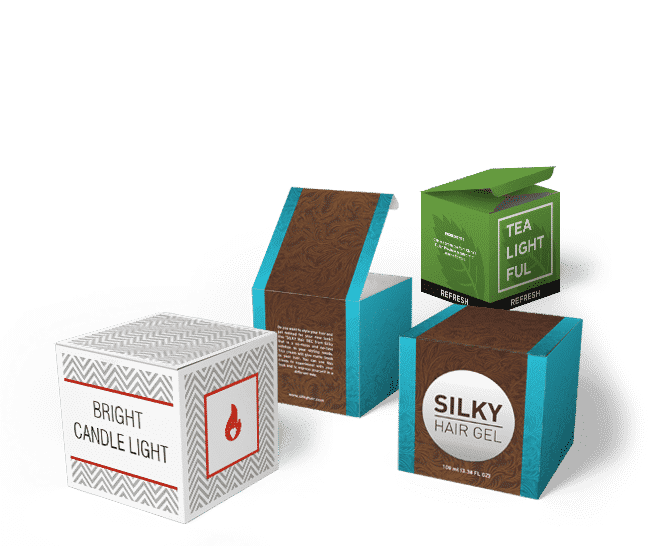
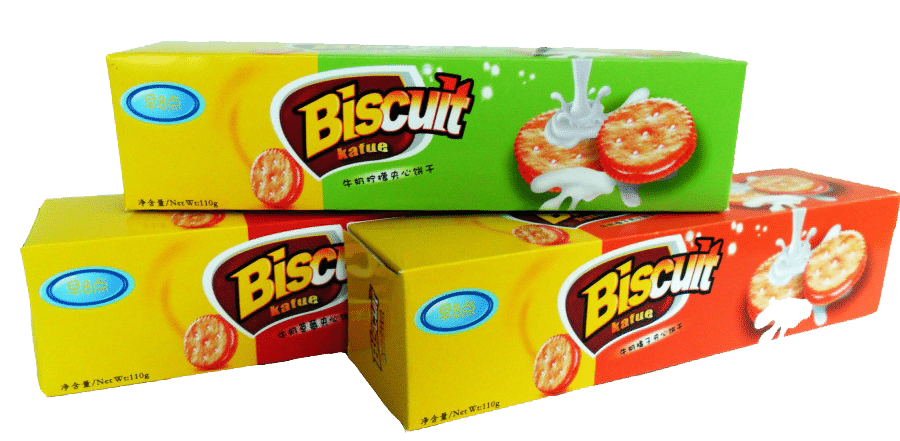
Benefits of a Folding Carton from a Retail Perspective
Many companies selling in retail prefer to package their products in folding cartons due to its customization, low cost, storage, and shelf friendly features. In addition, these boxes can be made with sustainable material which is a growing requirement from retailers.
Customization of a folding carton enables brands to structurally design their package to their product, which is often required by many retailers to optimize space of the product on the shelf. Folding cartons require less material, which makes it much more cost effective and waste friendly than corrugated boxes. Generally, these boxes can be manufactured to lay flat or folded to optimize storage space. These boxes can also be customized to fit on most retail fixtures by being stacked or by being hung through a hanger hole.
What is a Corrugated Box and Why is it Used in Retail
These boxes are made with corrugated material, often called cardboard, which consists of at least three layers: outside and inside fiberboard layers and a middle flute. These boxes are much stronger, and durable compared to folding cartons. They are used in retail for shipping and product display applications.
Like a folding carton, corrugated boxes are versatile and available in a variety of styles such as regular slotted container (RSC), half slotted container (HSC), full overlap (FOL), roll end tuck top (RETT), and other styles. Corrugated material is available in a variety of thicknesses and strengths. These boxes are highly customizable and can help a retail product stand out on the shelf with graphics, finishes and high-quality print options.
Typically, corrugated boxes in retail are used to package bulk, fragile and medium to heavy weight products such as appliances, TVs, computers, bikes, toys, shoes, and other consumer goods. For extra protection inserts can be placed inside the box.
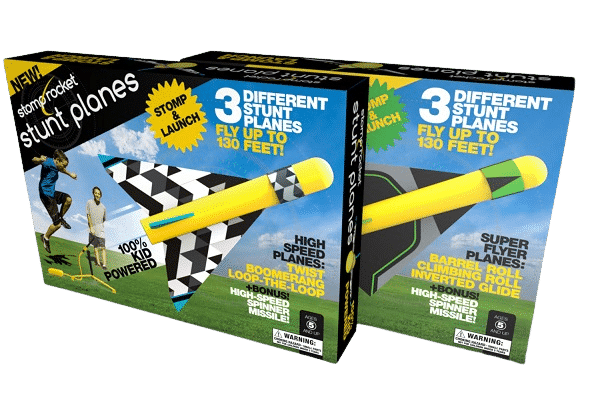
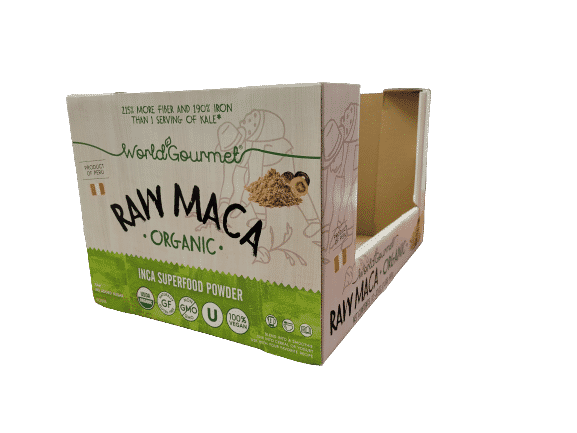
Benefits of a Corrugated Box from a Retail Perspective
Corrugated boxes offer superior protection and strength compared to folding cartons. Brands often used these types of boxes to package much more expensive products, as these boxes can be made to look higher end in design. Despite using more material than a folding carton, corrugated material can still be sustainable and recyclable.
Which to Choose Folding Carton or Corrugated Box for Retail Packaging?
Often a retailer will regulate or require you to package your product in a certain way, whether it is by a corrugated box, folding carton, poly bag or by another type of packaging. However, if you are given the choice to select either a folding carton or a corrugated box, then you should select it based on your product.
You should choose a folding carton if you are packaging an invaluable, non-fragile, lightweight, or small product. This will give you the most cost-effective solution for your product while maintaining adequate structural integrity to support your product.
You should select a corrugated box for your retail packaging if your product is moderate to heavy weight, fragile or bulky. This will give you more secure packaging for your product which will limit inventory loss.
Both boxes are highly customizable and versatile in use. If you are interested in custom retail packaging, folding cartons or corrugated boxes, then contact Brown Packaging today to get started. We help companies launch new products into retail and optimize existing ones.
After the holiday rush, many packaging buyers face inflated costs from excess materials, rushed procurement, and seasonal surcharges. Q1 is the ideal time to reset,
Subscription packaging remains one of the fastest-growing segments in e-commerce. In 2026, buyers face rising consumer expectations, stricter sustainability standards, and the need for efficient
Affordability used to be a quiet compromise — a goal that lived behind the scenes while marketing focused on gloss and finish. But in today’s
The Challenge Parakeet Cafe was preparing a holiday coffee blend promotion and needed custom digital printed pouches that reflected a festive, premium look. While the
Premium packaging sells — until it doesn’t. In an environment where raw material costs, shipping rates, and consumer budgets all fluctuate, the smartest brands are
Dimensional (DIM) weight pricing has become a major driver of shipping costs in e-commerce and industrial supply chains. Carriers charge based on the greater of
Home » Corrugated Boxes Vs Folding Cartons: Which to Choose for Retail Packaging

Holiday e-commerce volumes push packaging to its limits. Trailers are overfilled, handling is rushed, and parcels endure more drops and vibration than usual. Without proper
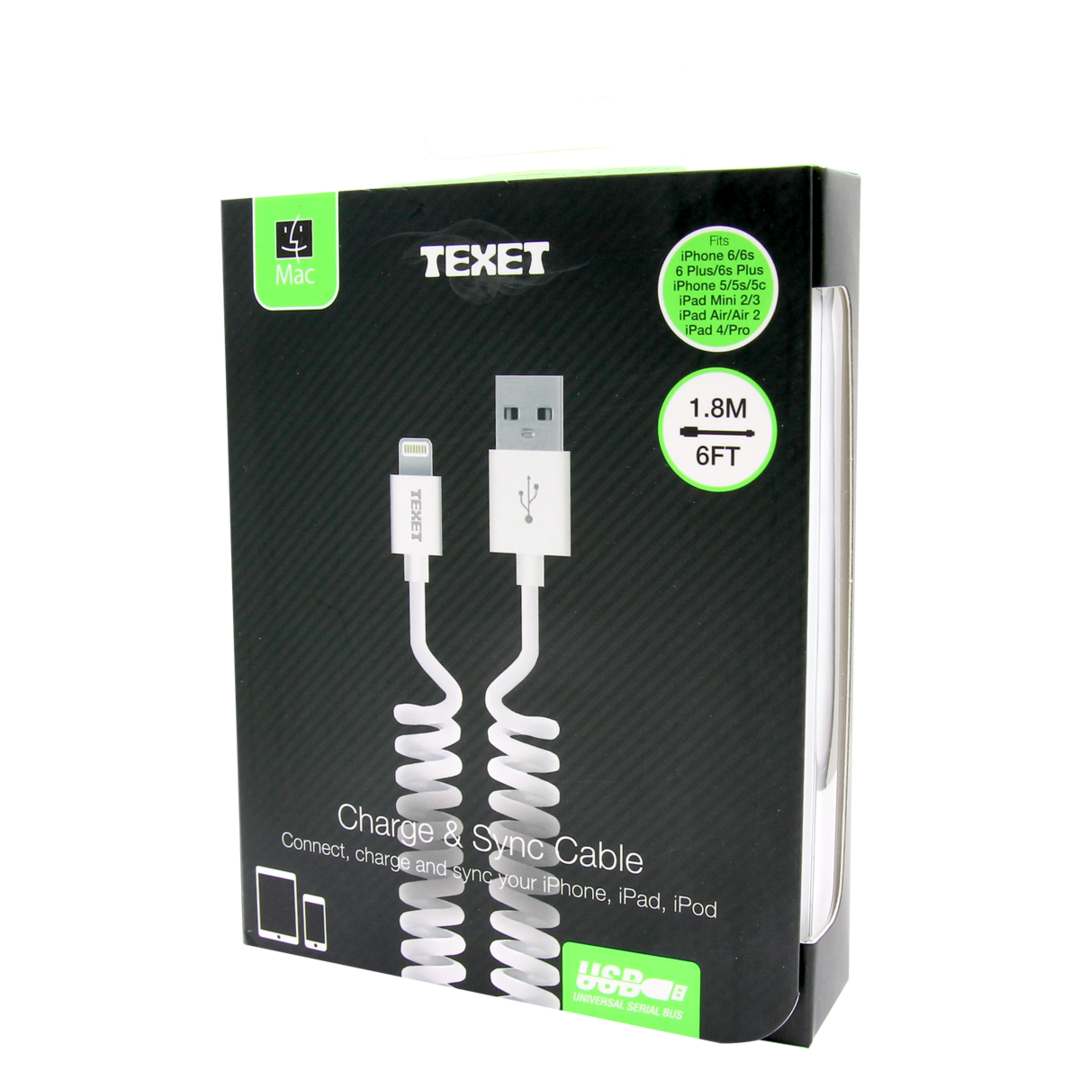
Folding cartons are one of the most versatile forms of retail packaging—and how you print on them can make the difference between a product that
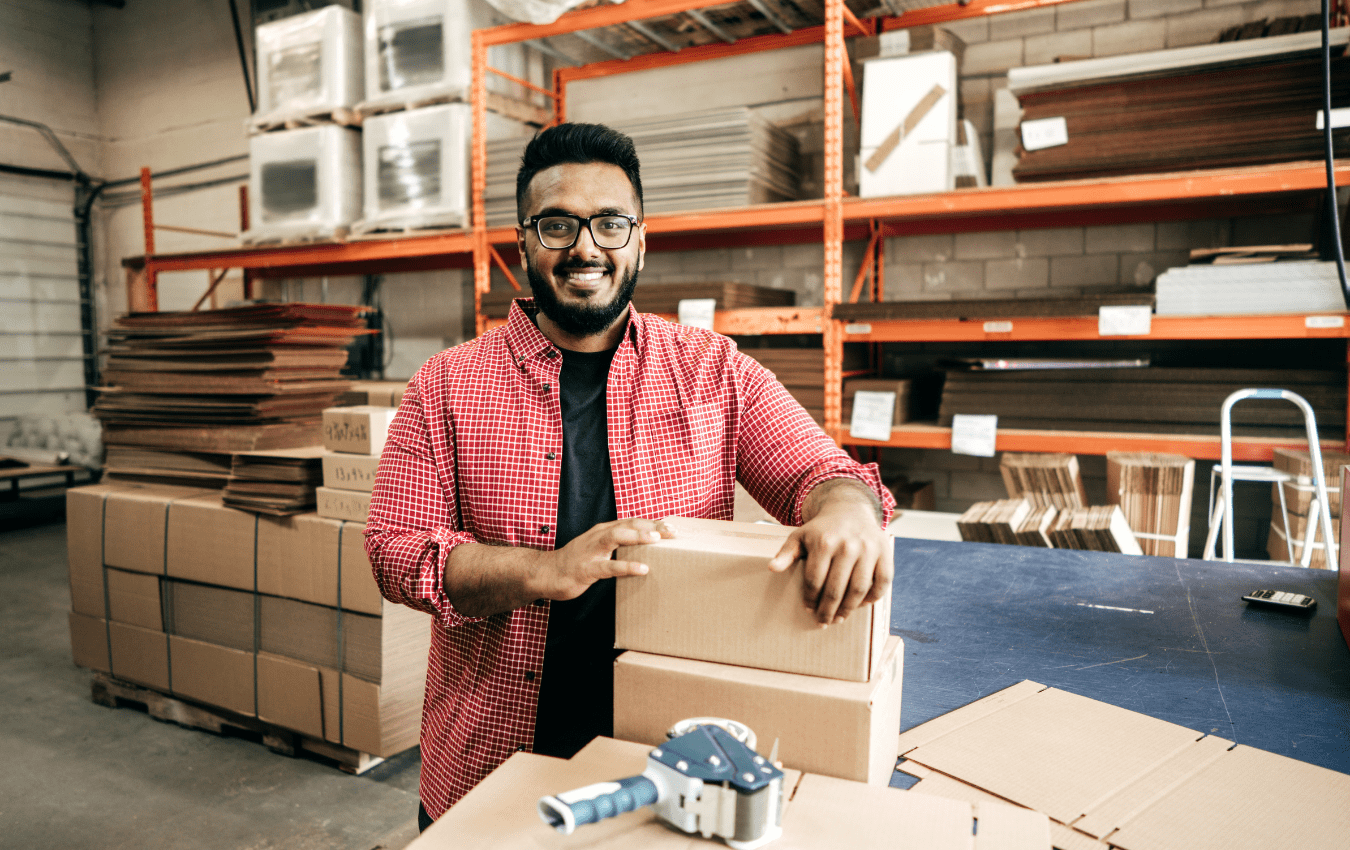
Effective packaging serves multiple purposes, including protecting products from dust, moisture, and tampering. These elements can compromise product quality, safety, and integrity during storage and


